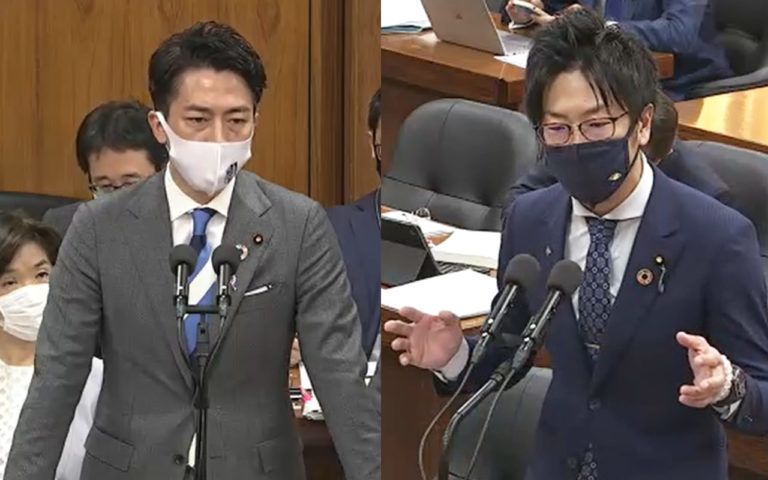
Category Farm animals

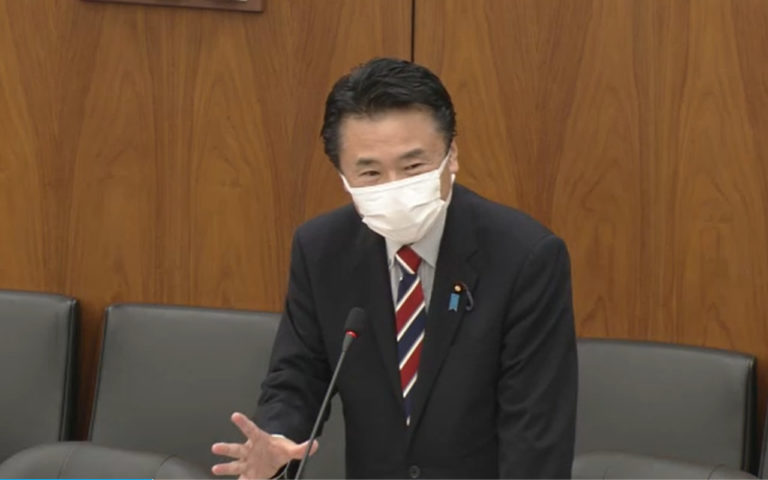
“Can we continue our agribusiness like this in Japan?”Asked at Standing Committee on MAFF
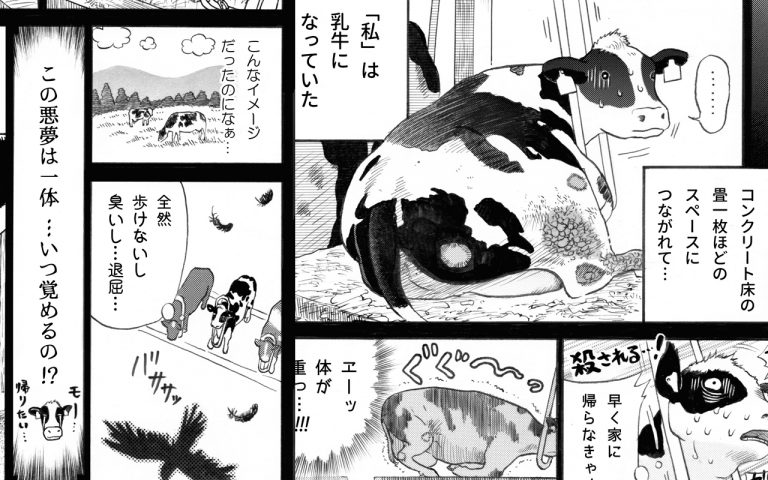
Secrets about Milk
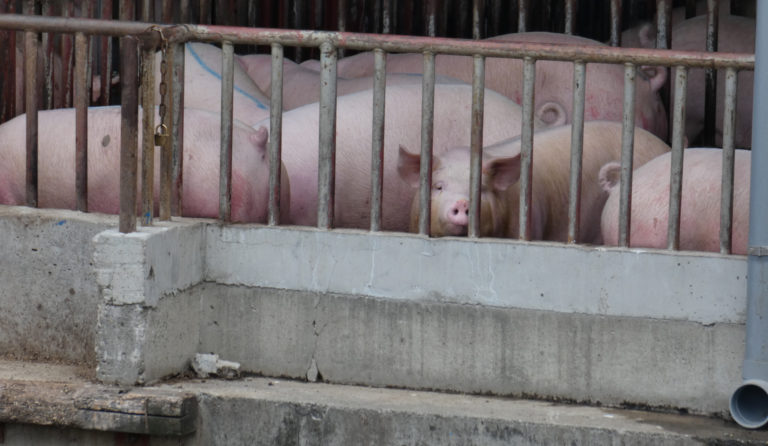
2020: “Welfare” not improving at slaughterhouses
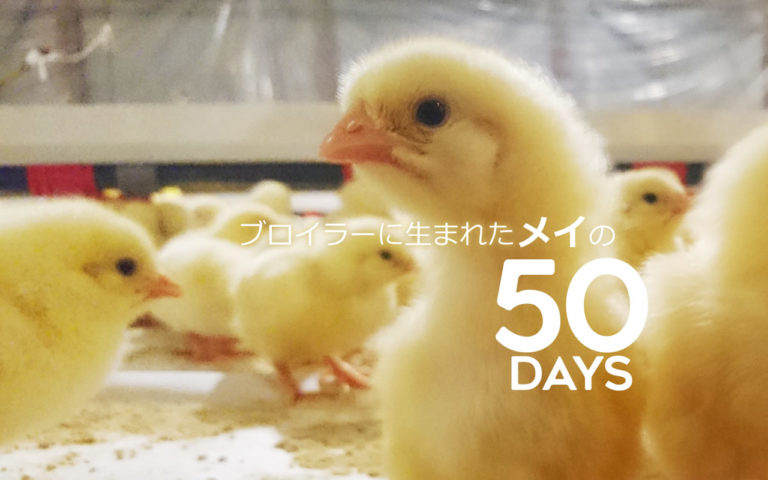
50DAYS of Mei born as a broiler
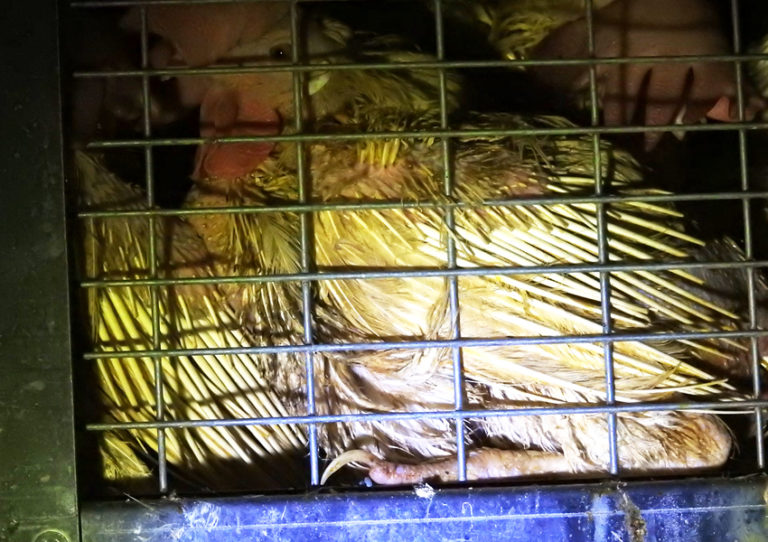
The Cruel Last Day of Hens: Being left for a long time at a slaughterhouse
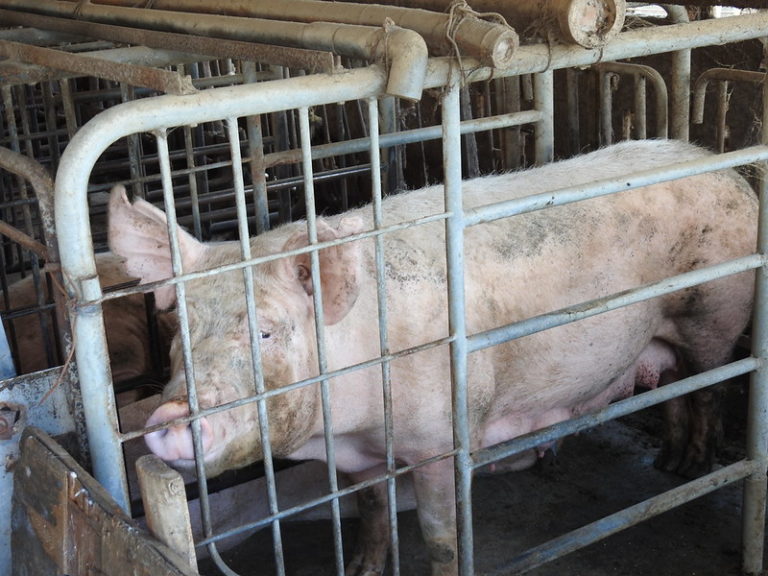
Ban Gestation Crates in japan!
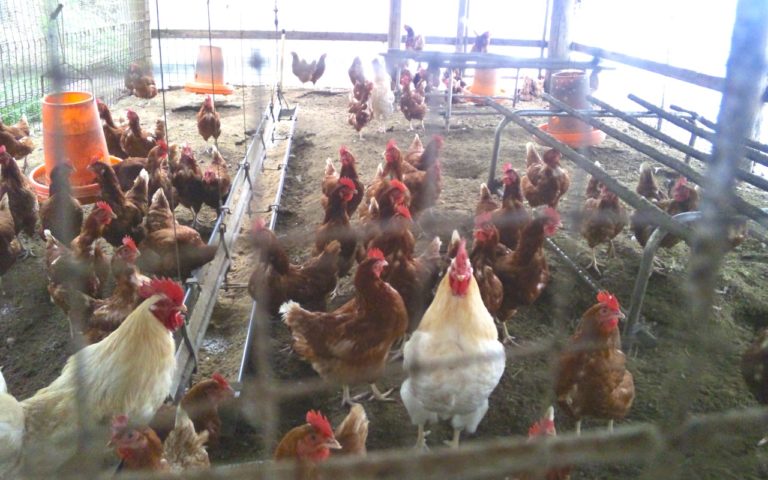
Bio sweet’s capocapo, a confectionery studio in Kyoto, is cage-free
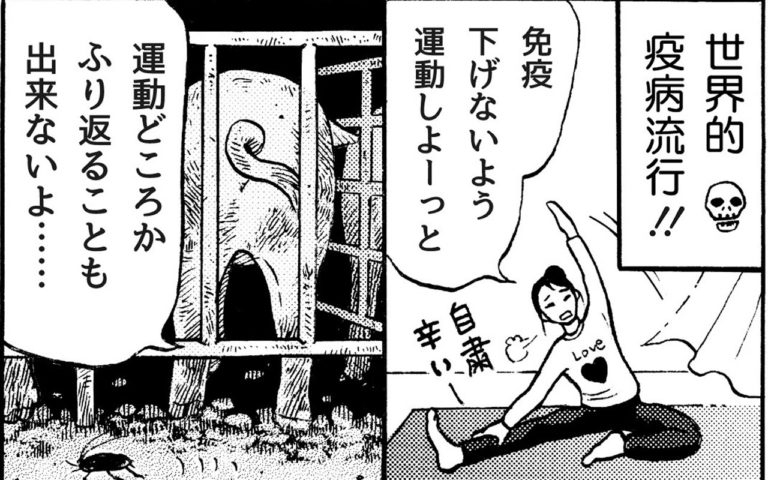
Animal Rights de GO! manga brings to you “Self-quarantine is rough? Huh?”
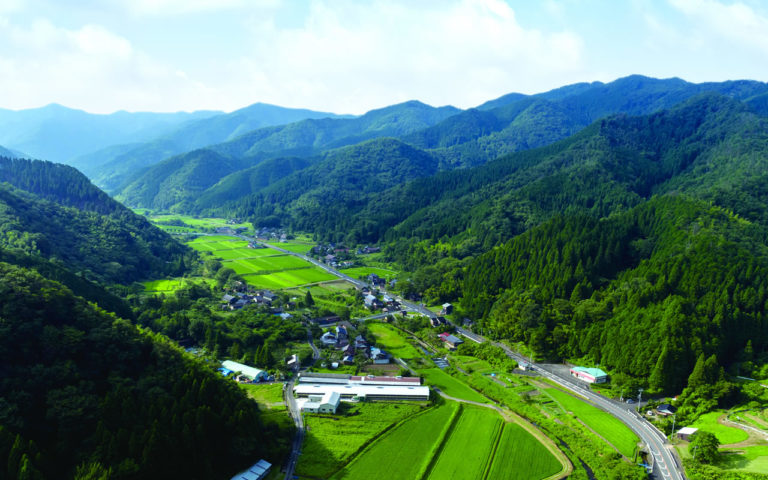
Oenosato Natural Farm is cage free “respecting chickens’ natural ways”
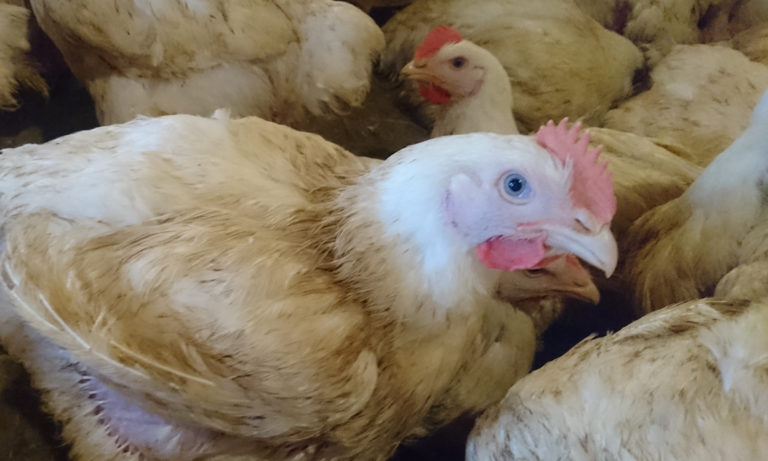
Exposing the reality behind Japan’s chicken meat production
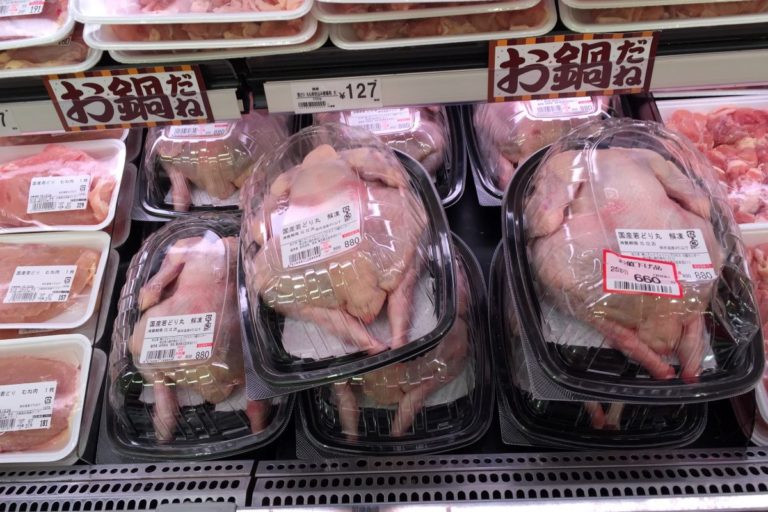
Is chicken meat really healthy? The truth compared to beef and pork

Innovation Design, Ltd “SDGs management as a comprehensive weapon” goes cage free, and adopts Meat Free Monday

MAMAHALO and kinon cafe & arts are cage free
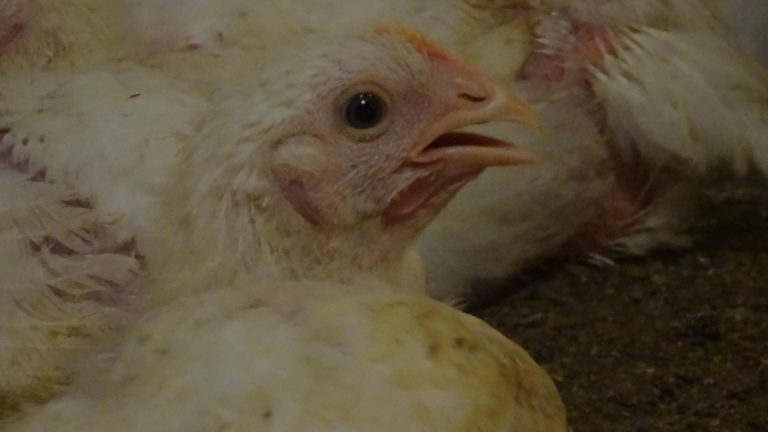
【Petition】Fast Food Companies! Please shift from chicken to alternative meats!
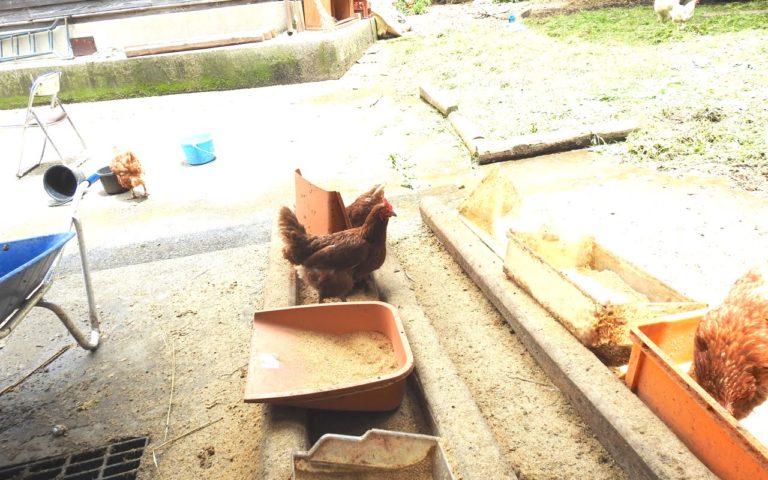
Meiwakai, a social welfare corporation, is cage-free
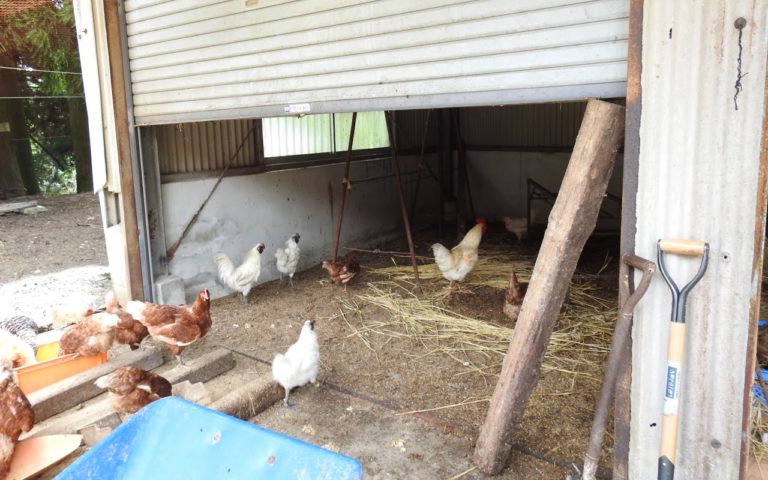
Charcoal workshop Sumiyanokurashi is cage-free
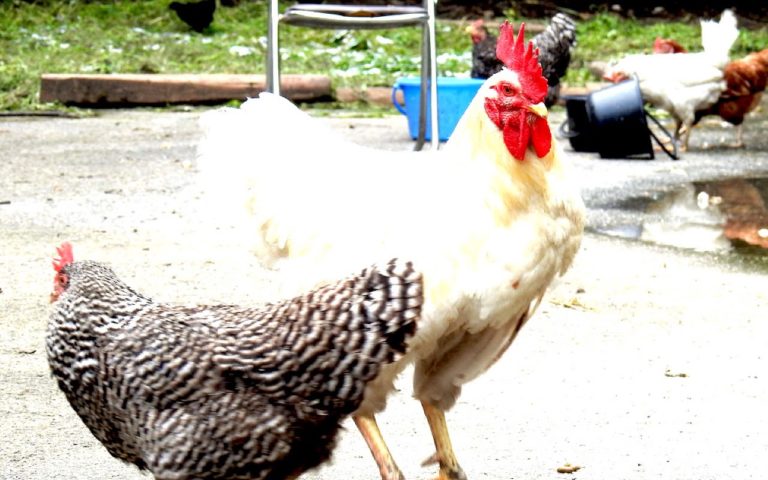
Natural yeast bread Hidamari Cafe nuku nuku is cage-free
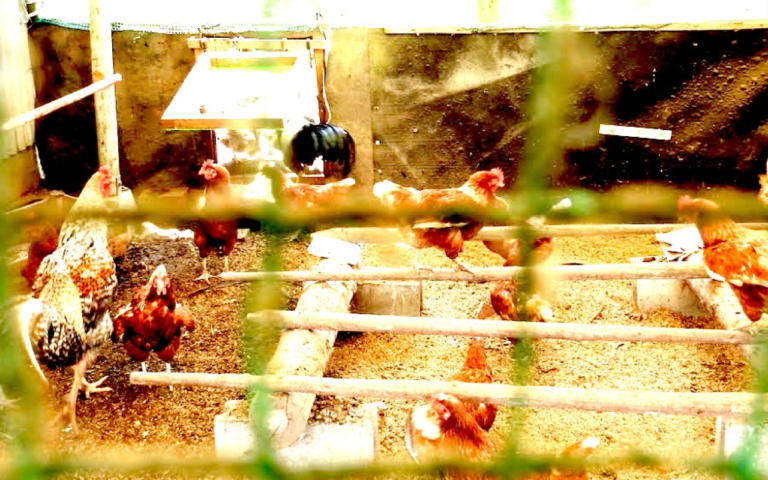
A baked sweets shop TOUCA BAKE SHOP is cage-free
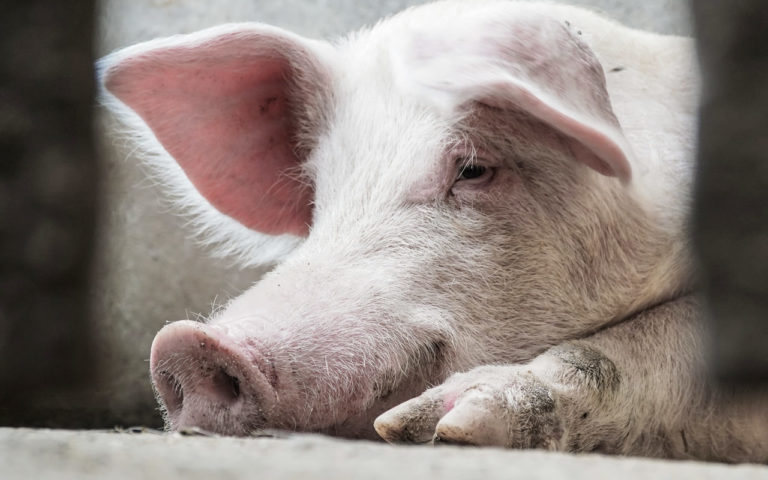
Prima Meat Packers Ltd.- Their first step towards Gestation Crate Free
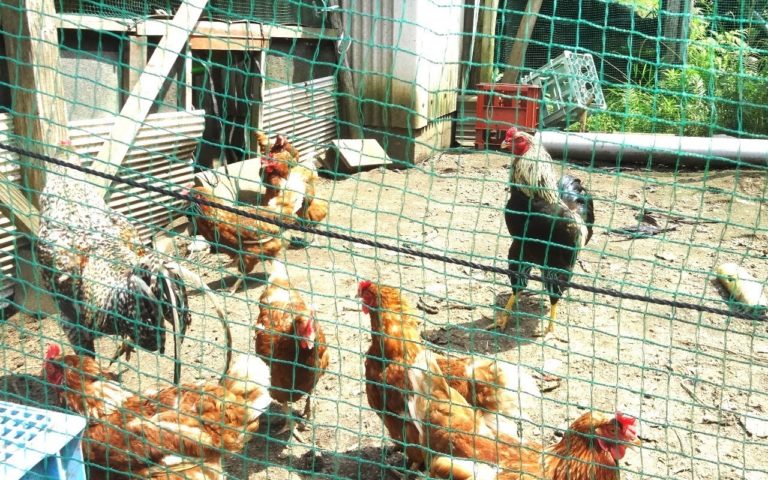
Kowata Shoten, in Iwate, is cage-free
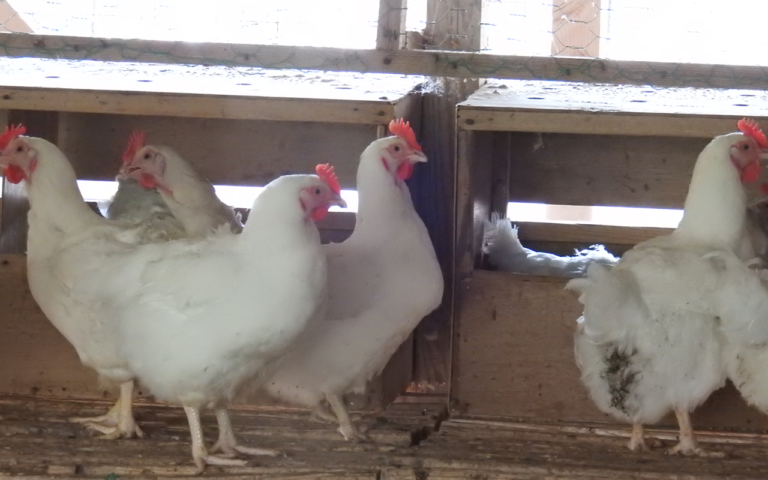
Hiyokono Cafe House, an organic cafe is cage-free
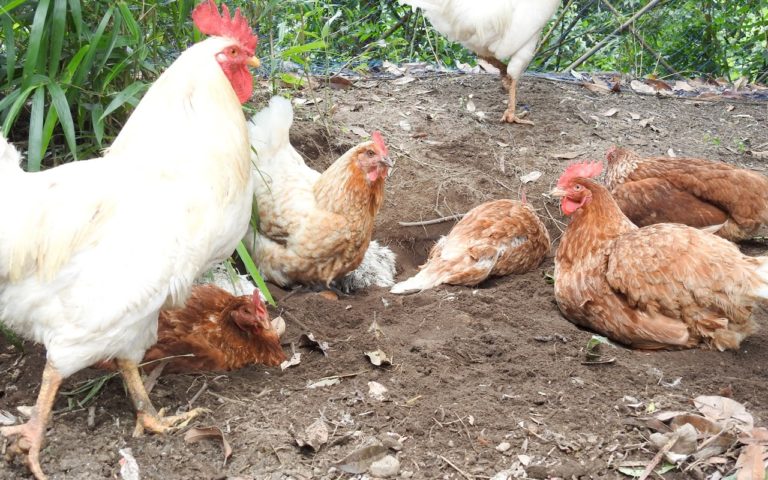
Fukuwarai, a bakery in Nara, is cage-free
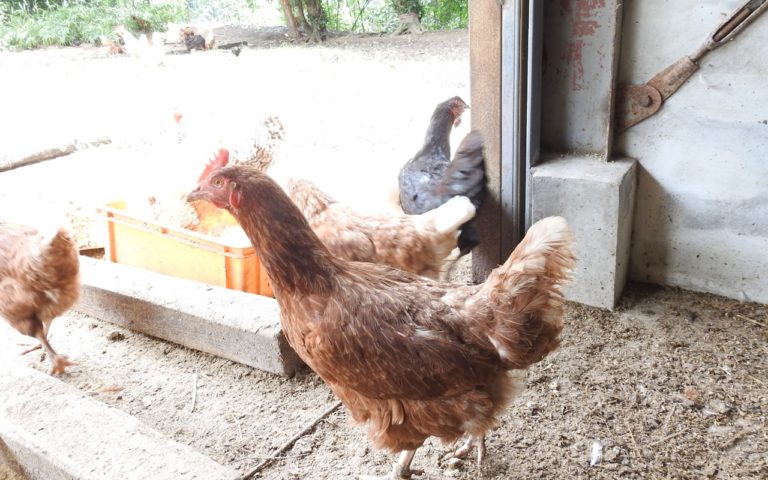
Chicken Country in Tsukishima, Tokyo, is cage-free

Berry Farm Toyoura in Abuta, is cage-free
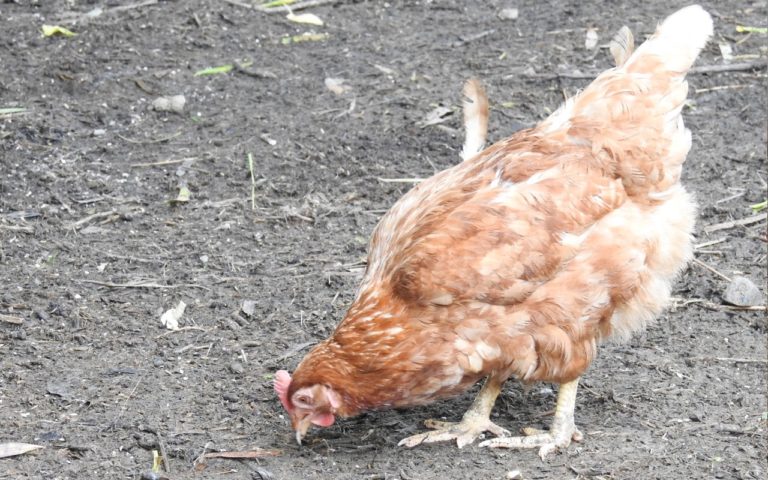
Minami Aoyama Essence, wine and Chinese medicinal cooking restaurant, is cage-free
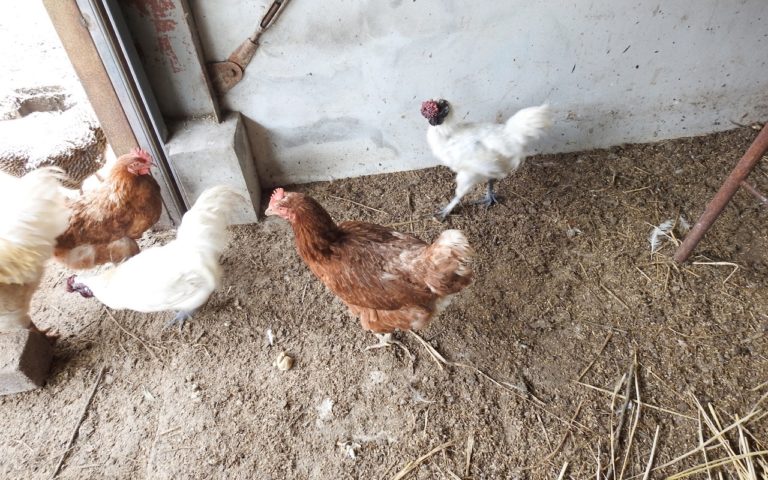
Lapin Noir Kurousagi, a bakery in Chichibu, is cage-free


